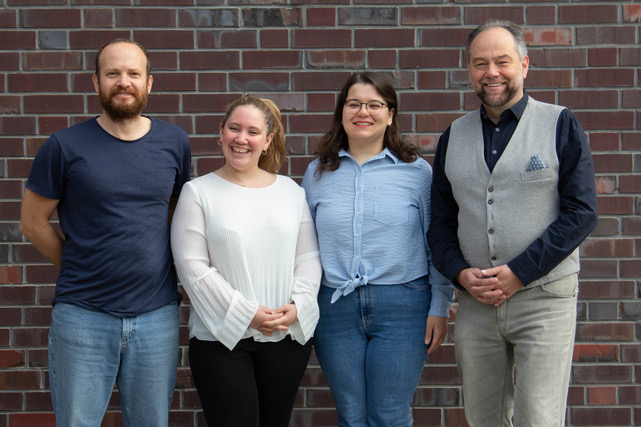Acetylcholine (ACh) has been implicated in the control of cognitive and executive functions, attention, sleep and arousal, stress response and emotions. Compelling evidence suggests that ACh is an important modulator of synaptic plasticity in cerebral cortex and hippocampus. Normal ageing is accompanied by a gradual loss of cholinergic function involving structural and functional alterations at the dendritic, synaptic and axonal level, which can also be observed in non-human primates and in rodents. Such atrophy appears to be related to a particular vulnerability of cholinergic neurons to energy deprivation, a decreased trophic support, as well as impaired intracellular signalling and cytoskeletal transport. Of note, it is not accompanied by the cholinergic neuronal cell loss as found in pathological ageing such as Alzheimer’s disease. Hypofunction of the cholinergic system in the absence of overt neurodegeneration has been associated with age-related functional decline in the brain including ageing-associated cognitive impairments. Muscarinic M1 receptors (M1R), which are spared from ageing-induced loss of expression in hippocampal and neocortical regions, can be considered a target of choice for treatments alleviating cognitive decline. In this set of projects, we will therefore address the involvement of muscarinic mechanisms in maintenance of neuronal circuit function and mental health during ageing.

Team project E2: Gürsel Caliskan, Sara Enrile Lacalle, Elif Kain, Oliver Stork
In project E2 we examine the M1R-dependent functional changes in DG/CA3 local circuits during ageing and their effects on novelty detection and cognitive flexibility. The role of these receptors is studied by cell-type specific chemogenetic and pharmacogenetic intervention during contextual memory tasks, combined with engram labelling and high-resolution gene expression analysis. Using electrophysiological techniques, we examine the involved changes of local circuit function in vivo and in vitro.



Project E2: E. Kain, G. Caliskan, O. Stork
